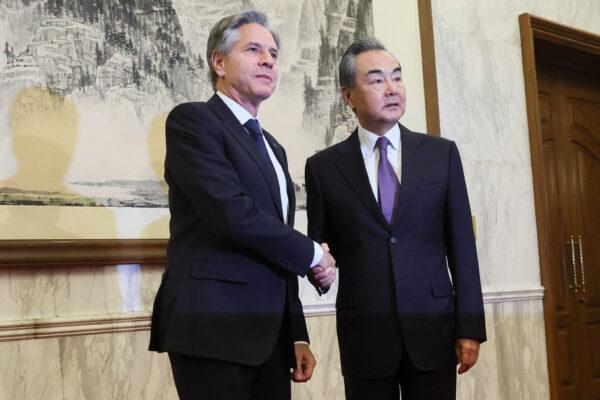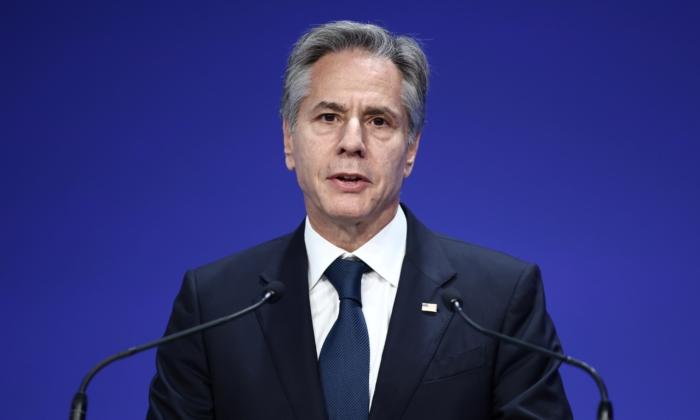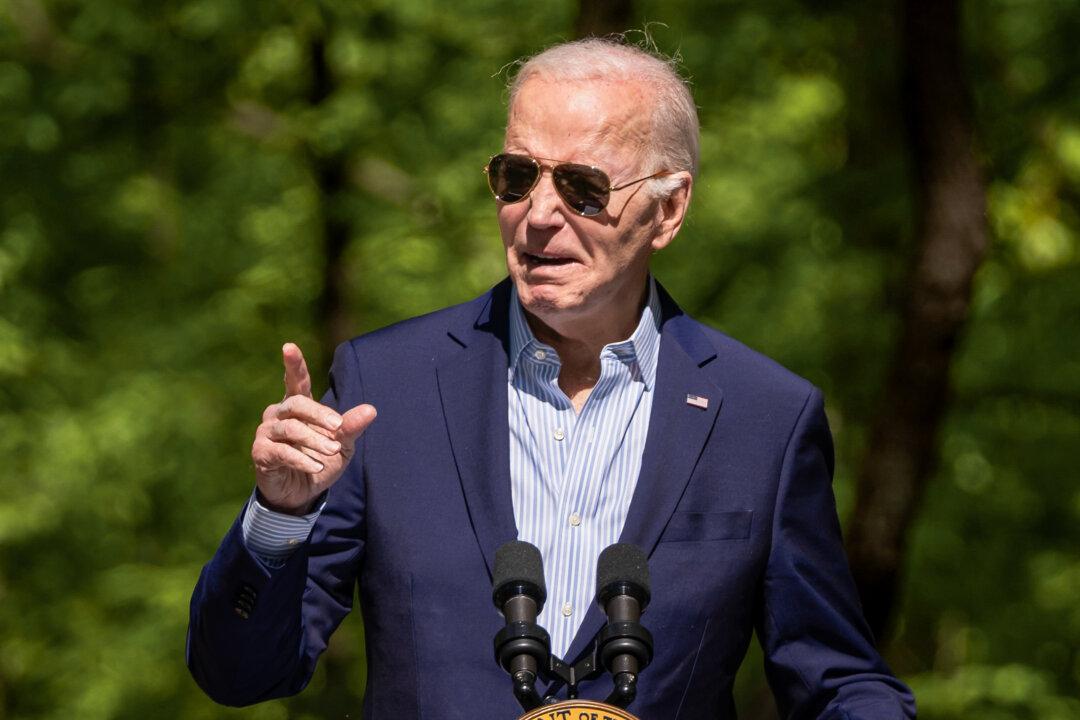U.S. Secretary of State Antony Blinken emphasized on July 14 the importance of ensuring the freedom of the Association of Southeast Asian Nations (ASEAN) to choose and forge alliances without facing coercion.
The U.S. diplomat reaffirmed Washington’s commitment to realizing a free and open Indo-Pacific, where countries are able to operate “free from the use of force, coercion, or aggression.”
“That means a region where countries are free to choose their own path and their own partners; where problems are dealt with openly; where rules are reached transparently and applied fairly; where goods, where ideas, where people flow lawfully and freely,” he said.
Mr. Blinken said the United States would back ASEAN’s negotiation of a code of conduct to tackle territorial and maritime disputes in the South China Sea, a critical throughway for global commerce and connectivity.
He also urged maintaining peace in the Taiwan Strait—where cross-strait tensions have risen between China and self-ruling Taiwan.
“Like many countries in the region, we’re concerned by the PRC’s increasing assertiveness in the South and East China Seas and in the Taiwan Strait,” he said, using the abbreviation of China’s official name: the People’s Republic of China.
“The United States also seeks to maintain peace and stability in the Taiwan Strait, which is in the interest of all nations,” Mr. Blinken stated. “We continue to oppose unilateral changes to the status quo by either side.”
Washington pledged to strengthen communication channels with Beijing to make clear its positions on regional issues while exploring potential areas of cooperation between the two major powers.
Mr. Blinken also highlighted North Korea’s unlawful weapons of mass destruction and ballistic missile programs and urged Burma’s military to cease violence and implement ASEAN’s Five-Point Consensus.

‘Candid’ Talks With Wang Yi
Mr. Blinken met with top Chinese diplomat Wang Yi on the sidelines of the ASEAN meeting on July 13 and had “candid and constructive” talks on a range of bilateral and global issues, according to the State Department.Department spokesman Matthew Miller said the meeting was part of the Biden administration’s ongoing efforts “to maintain open channels of communication to clarify U.S. interests across a wide range of issues and to responsibly manage competition by reducing the risk of misperception and miscalculation.”
Mr. Miller said that Mr. Blinken has directly raised concerns regarding China’s actions in the disputed waters, including the Taiwan Strait, and called for progress on transnational challenges affecting people globally.
“He made clear that the United States, together with our allies and partners, will advance our vision for a free, open, and rules-based international order,” he said in a statement.
Mr. Miller said that both sides agreed to maintain open channels of communication “in the weeks and months ahead,” without providing further details.
Meanwhile, ASEAN’s negotiations on the code of conduct for the South China Sea have stalled for years as some member states prioritized bilateral ties with China over a regional consensus.
Beijing claims jurisdiction over almost the entire South China Sea based on its “nine-dash line,” a boundary found to have no legal basis by the Permanent Court of Arbitration in The Hague in 2016. The Philippines, Vietnam, Malaysia, Taiwan, and Brunei all have competing claims with Beijing in the South China Sea.
China’s coast guard has been accused by the Philippines of “aggressive acts” several times this year, and Vietnam has complained about a Chinese research ship and a flotilla of suspected militia lingering near its offshore energy projects.





